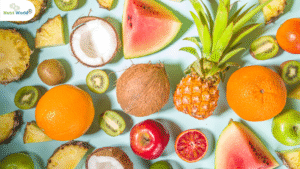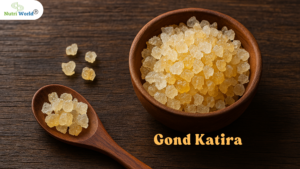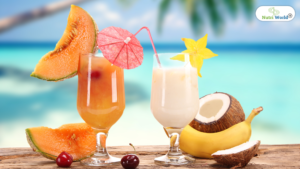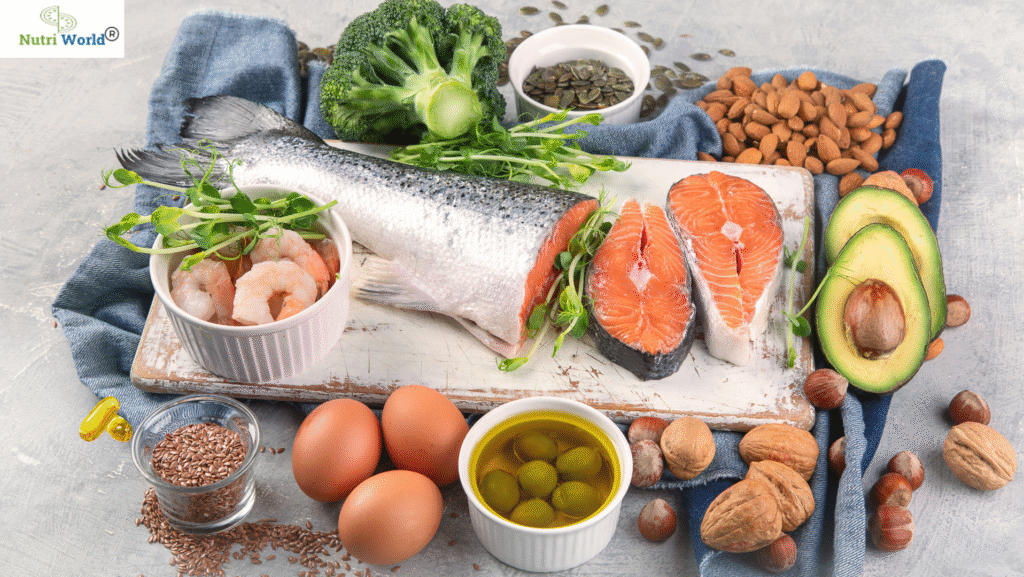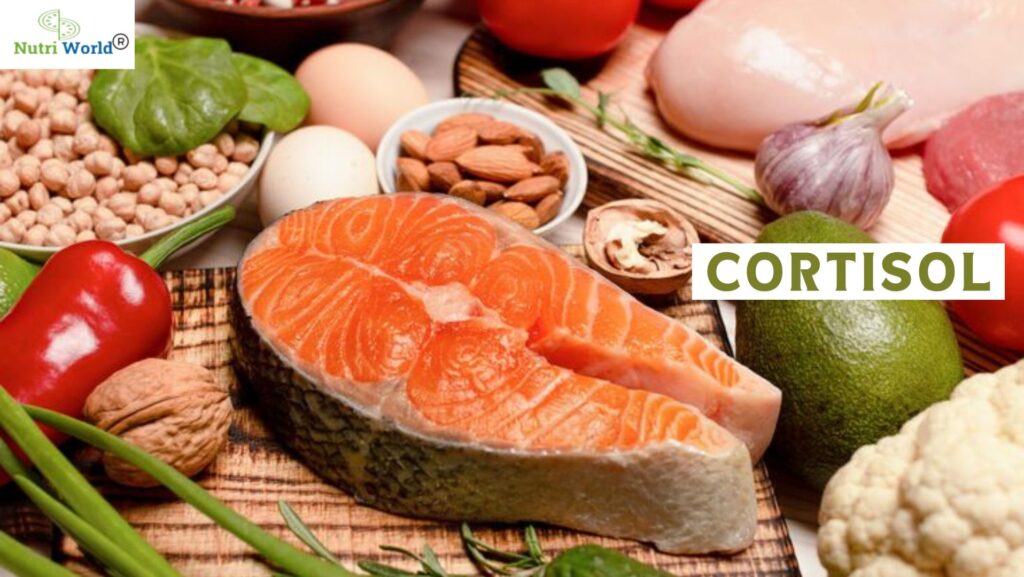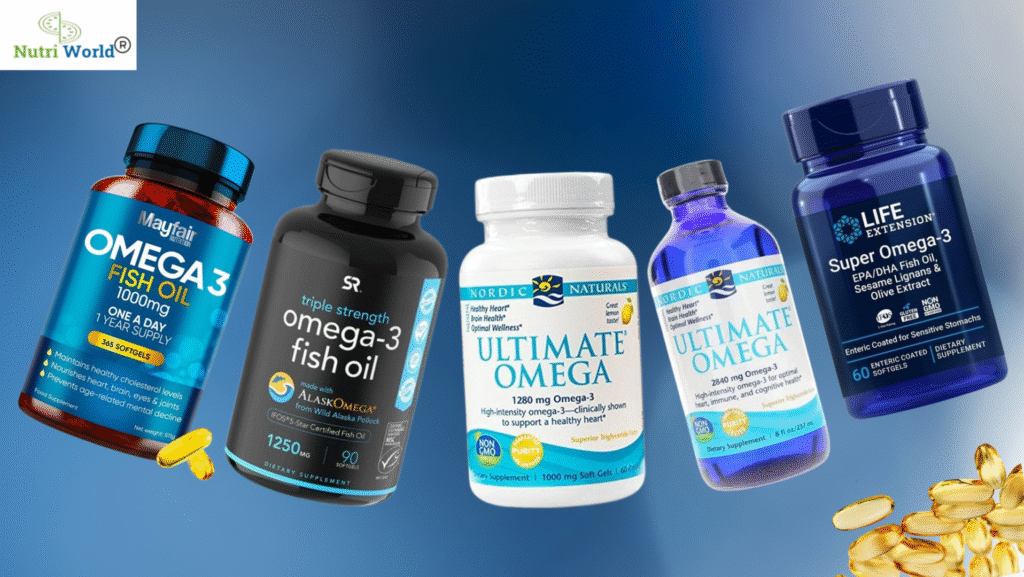By Nutriworld | Dt. Dipanwita Saha
Summer can be a dream for beach lovers and sun seekers, but for migraine sufferers, the heat, glare, and seasonal changes can quickly turn paradise into pain. If you’re one of the millions who experience summer migraines, you’re not alone. The good news? You can stop the triggers before they start with a few lifestyle adjustments. From stress reduction and diet tweaks to sleep optimization, here’s your guide to curing summer migraines naturally.

What Causes Summer Migraine Headaches?
Summer migraines often result from a perfect storm of environmental and lifestyle triggers:
- Heat and humidity: Dehydration and overheating can dilate blood vessels, leading to head pain.
- Bright sunlight: UV exposure can trigger light sensitivity and headaches.
- Changes in routine: Summer travel, late nights, and skipped meals disrupt your body’s balance.
- Allergies and pollutants: Pollen, smog, and dust can lead to sinus inflammation and migraines.
But beyond external triggers, internal stressors—like what you eat, how well you sleep, and how you handle stress—can worsen or even cause migraines.
A Cure Rooted in Lifestyle: Stop Triggers Before They Start
Rather than just popping painkillers when a migraine strikes, addressing the root causes is the real long-term solution. Here’s how:
1. Manage Stress Like a Pro
Chronic stress is a major migraine trigger, especially during hectic summer schedules. Here’s how to keep stress at bay:
✅ Practice Mindfulness & Meditation
Mindfulness, deep breathing, and meditation lower cortisol levels and improve nervous system resilience. Try:
- 10 minutes of guided meditation each morning
- Breathing exercises like box breathing (inhale-hold-exhale-hold for 4 seconds each)
- Gentle yoga or tai chi to center your mind
✅ Stay Organized
Plan your summer activities with enough downtime to prevent burnout. Avoid overbooking yourself—stress loves chaos.
✅ Set Digital Boundaries
Long hours on screens in bright summer light strain your eyes and increase anxiety. Use blue light filters and limit screen time.
2. Watch Your Diet: Avoid Migraine Triggers and Eat Smart
What you eat plays a direct role in managing migraines. Certain foods can trigger headaches, while others may protect against them.
❌ Foods to Avoid:
- Aged cheese, chocolate, and processed meats (high in tyramine and nitrates)
- Alcohol, especially red wine
- Caffeinated drinks (limit intake—too much or withdrawal can both cause headaches)
- Artificial sweeteners like aspartame
- MSG in fast food and takeout
✅ Foods That Help:
- Magnesium-rich foods: Spinach, pumpkin seeds, avocados, and bananas help relax blood vessels.
- Hydrating fruits: Watermelon, cucumber, berries, and citrus fruits keep you cool and hydrated.
- Anti-inflammatory ingredients: Ginger, turmeric, flaxseeds, and leafy greens reduce inflammation.
- Complex carbs: Whole grains stabilize blood sugar, preventing drops that trigger headaches.
💧 Hydration is Key
Drink at least 8–10 glasses of water daily in summer. Add electrolyte-rich drinks (coconut water, lemon with salt) if you’re sweating a lot.
3. Get Quality Sleep Every Night
Lack of sleep or an irregular sleep schedule is one of the most common migraine triggers.
🛌 Tips for Restful Sleep:
- Stick to a consistent sleep schedule (even on weekends)
- Create a sleep-friendly environment: cool, dark, quiet, and free from screens
- Avoid heavy meals, caffeine, or alcohol close to bedtime
- Try natural sleep aids like chamomile tea, magnesium, or lavender oil
A minimum of 7–8 hours of sleep helps your body repair, reset hormone levels, and reduce inflammation—essential for keeping migraines at bay.
ALSO READ: Staying Cool and Healthy During Heatwaves
4. Bonus: Natural Herbal Remedies for Summer Migraines
In addition to stress management, diet, and sleep, these natural remedies can support migraine relief:
- Peppermint oil: Apply diluted oil to temples to relieve tension
- Feverfew: A herb known to reduce migraine frequency (available as capsules or tea)
- Butterbur: Shown to reduce inflammation and frequency of attacks
- Ginger tea: Calms nausea and reduces pain thanks to anti-inflammatory properties
Frequently Asked Questions (FAQs)
Q1: What is the fastest way to stop a summer migraine?
Apply a cold compress to your forehead, hydrate immediately, lie down in a dark room, and take an over-the-counter medication like ibuprofen. For long-term results, manage your triggers.
Q2: Can dehydration alone trigger a migraine?
Yes, even mild dehydration can trigger migraines, especially in the summer. Aim to drink water regularly throughout the day.
Q3: Are there any summer-specific migraine triggers?
Absolutely. Bright sunlight, heatwaves, sudden weather changes, dehydration, and allergens all increase the risk during summer.
Q4: Can sleep during the day help if I miss sleep at night?
While short naps may help, poor nighttime sleep can’t be fully compensated by daytime naps. Stick to a consistent nighttime schedule for best results.
Q5: Is caffeine good or bad for migraines?
Caffeine can be both a cure and a cause. In small amounts, it may help relieve a migraine, but regular high intake or withdrawal can trigger them.
Conclusion: Prevention is the Best Cure
Summer migraines don’t have to ruin your sunny days. With a little attention to stress management, dietary choices, and sleep hygiene, you can dramatically reduce the frequency and intensity of headaches. Natural remedies and mindful living empower you to reclaim control—no harsh medications necessary.
So this summer, hydrate well, eat clean, rest deeply, and stay calm—your head will thank you.

Hello! I'm Dietician Dipanwita Saha is the founder of Nutriworld and a dedicated clinical dietitian. I focus on helping individuals improve their health through personalized diet plans that are based on scientific principles. I believes that proper nutrition is crucial for healing and maintaining a balanced lifestyle, whether someone is recovering from an illness or managing a health condition
Explore Our Courses:
I provide personalized diet consultations to help you reach your health goals, such as managing weight, recovering from illness, or improving overall wellness. My method is based on scientific nutrition and includes practical meal plans tailored to your lifestyle.
Subscribe to my YouTube channel for more practical diet tips, healthy recipes, and expert insights. I regularly upload videos to simplify nutrition and help you make informed food choices.

